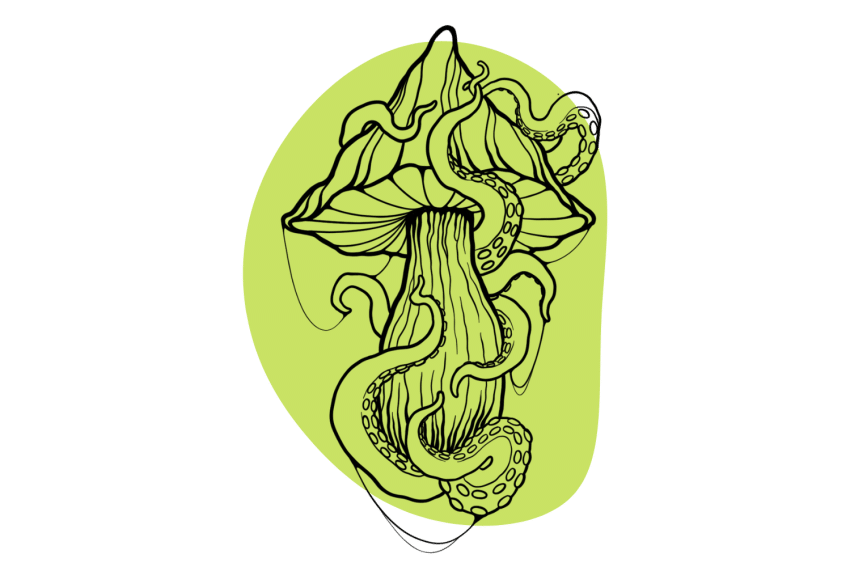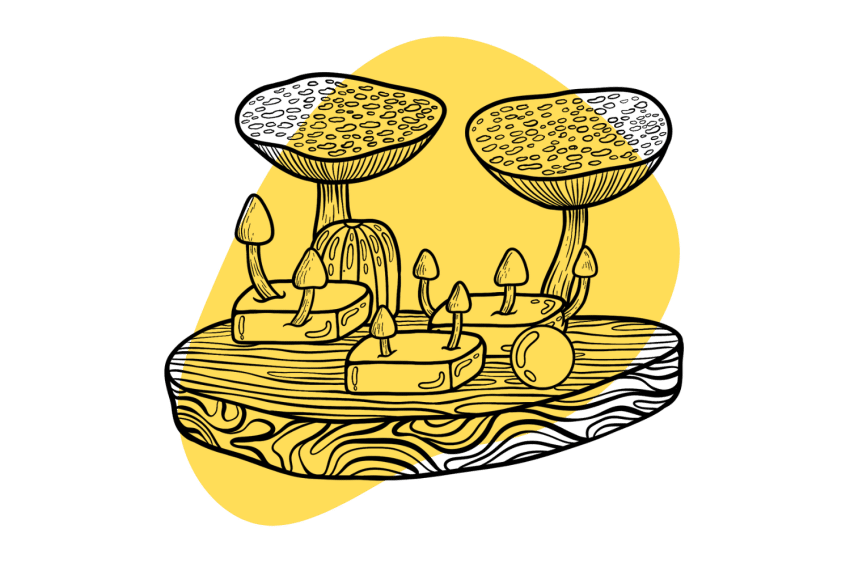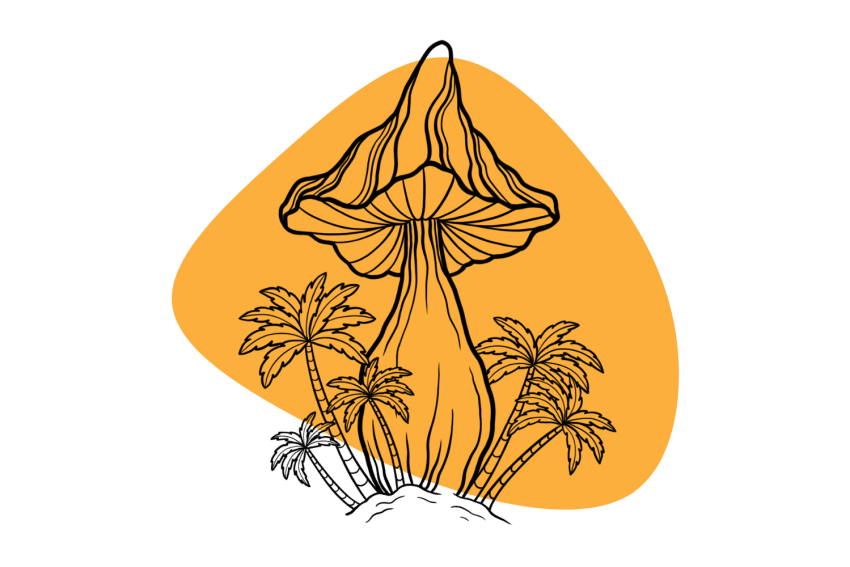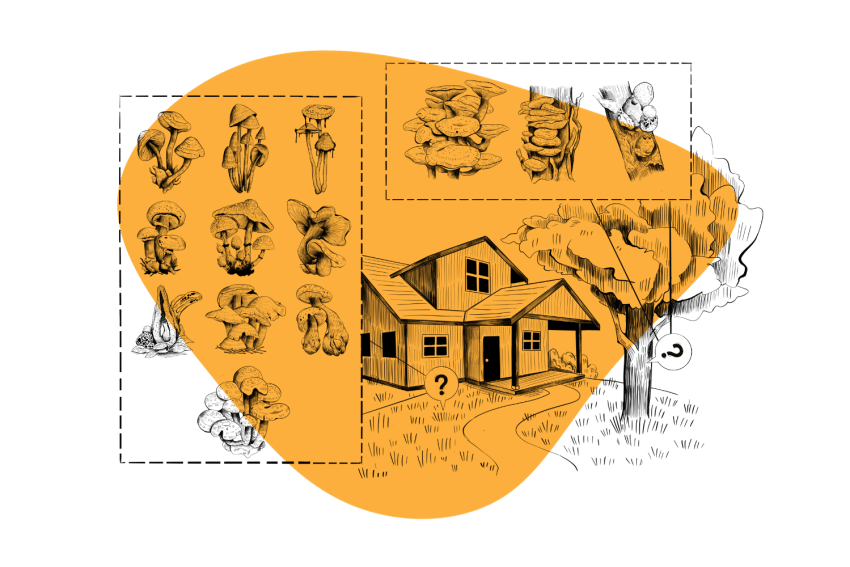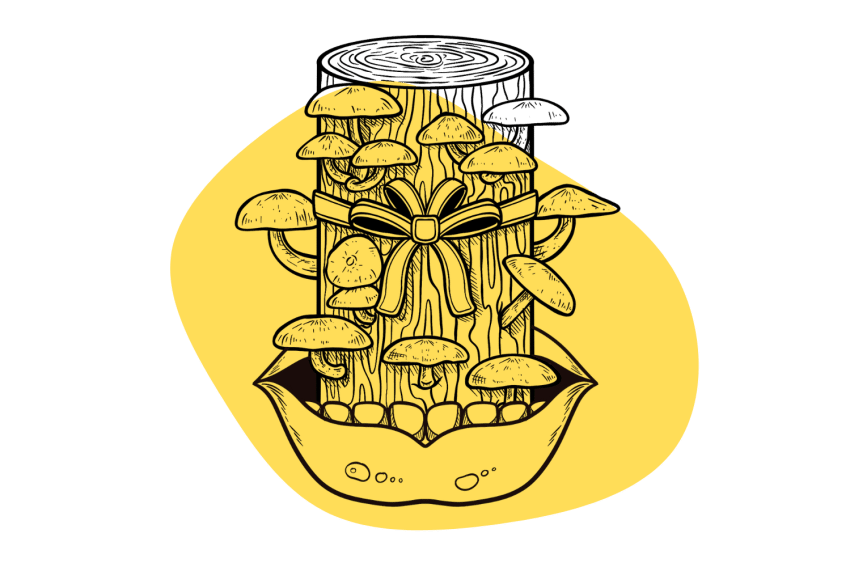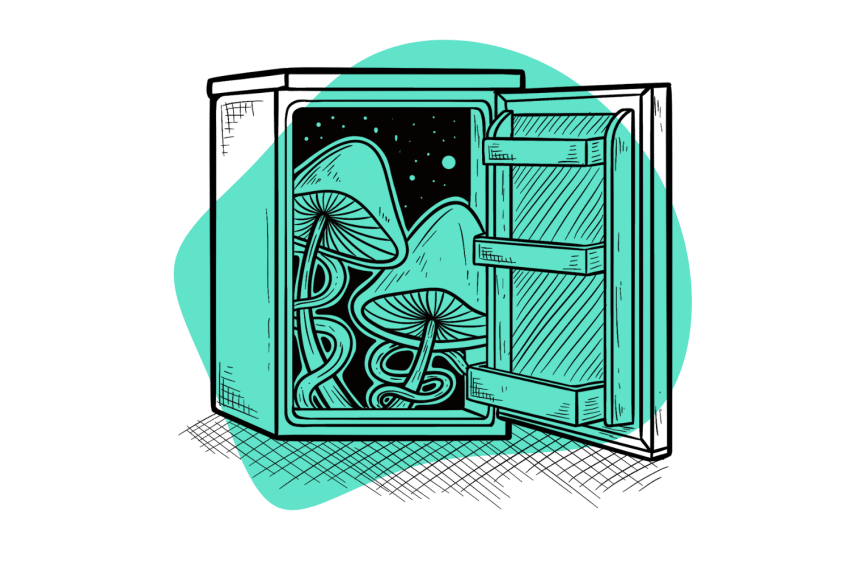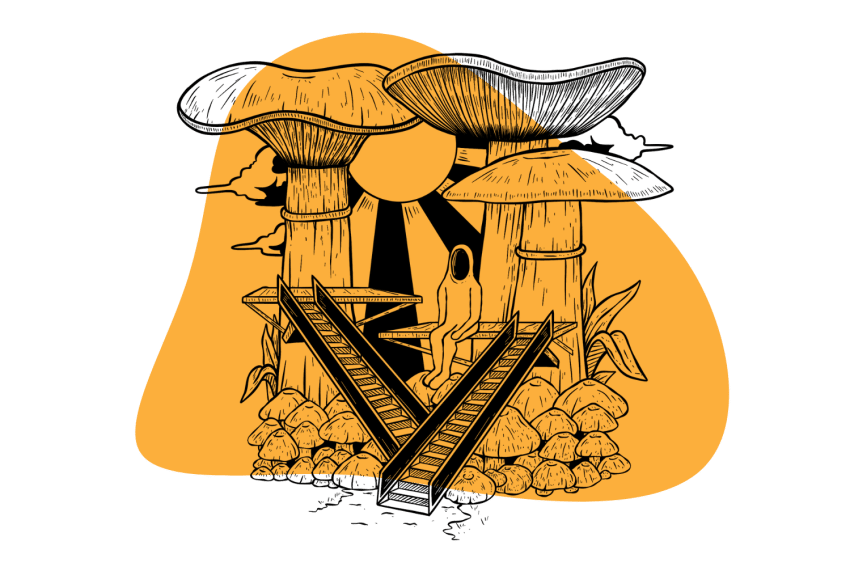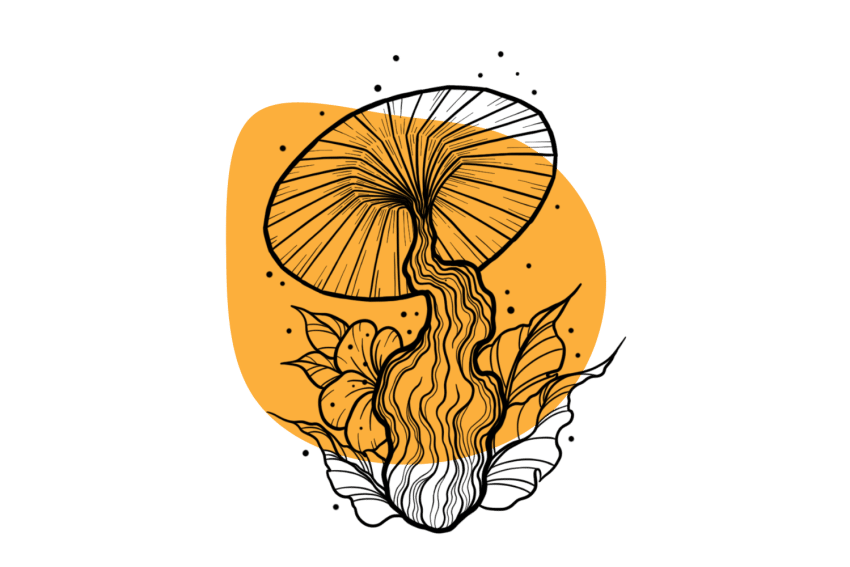Are Psychedelics Legal in New Hampshire?
New Hampshire is called the Switzerland of America, but their drug laws couldn’t be more different.
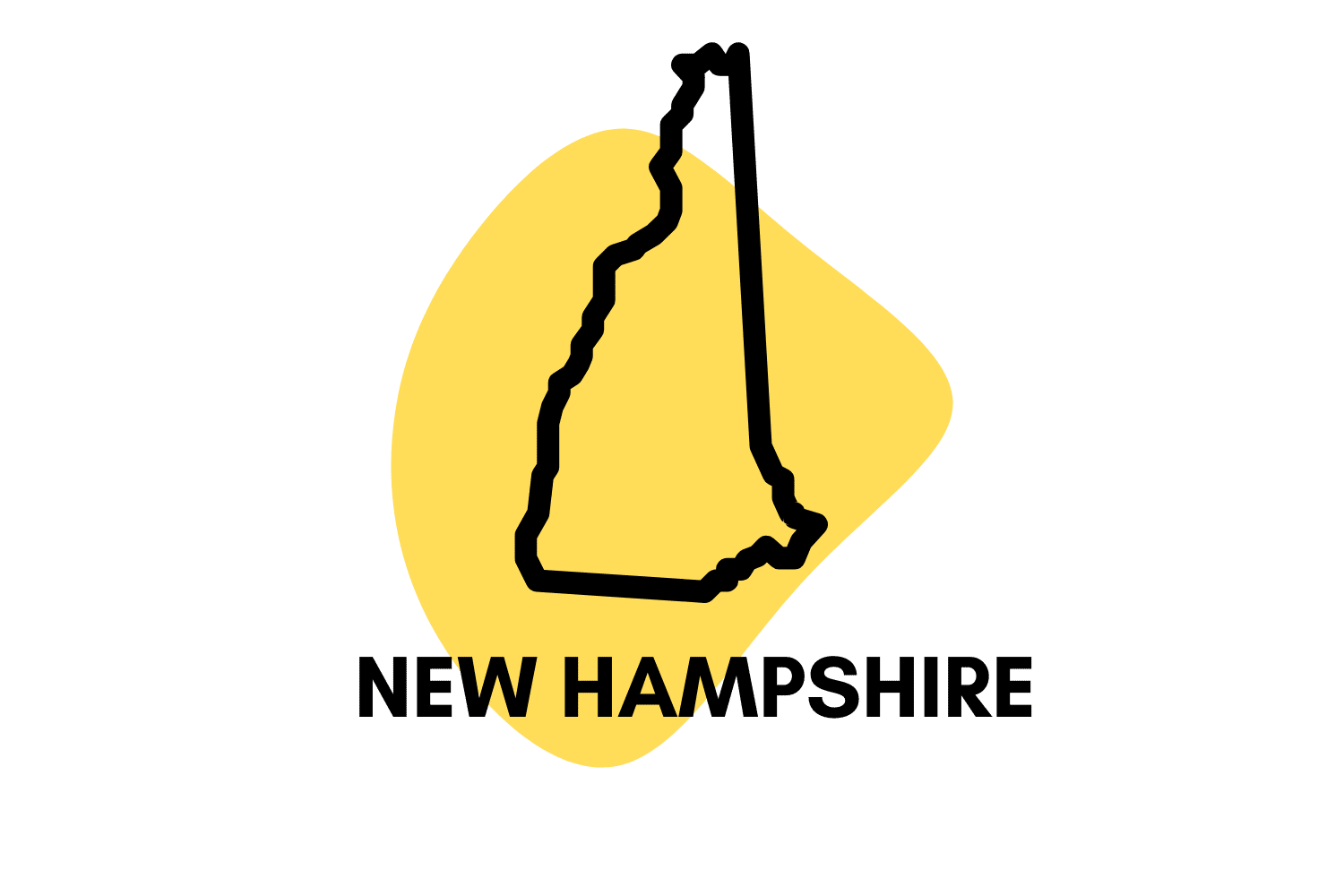
New Hampshire laws are strict regarding psychedelic drugs like LSD, MDMA, and magic mushrooms.
Most of these substances can land you between 3.5 to 7 years in prison.
This article will summarize the legal status of the most popular psychedelic substances. Plus, we’ll discuss loopholes surrounding mushroom spores and medicinal marijuana.
Summary of Psychedelic Drug Laws in New Hampshire
- Most psychedelics, like LSD and MDMA, are illegal in New Hampshire
- Authorities in New Hampshire recently decriminalized recreational marijuana
- Possessing any controlled substance could bring you up to seven years in prison
- New Hampshire adheres to federal drug schedules
Are Magic Mushrooms Legal in New Hampshire?
No, magic mushrooms are illegal in New Hampshire.
Psilocybin is considered a Schedule I substance in the Granite State, which means it carries up to seven years in prison and a $25,000 fine. Schedule I substances have, allegedly, no therapeutic uses and are highly addictive. Yet, both of the notions are well-established to be outdated at this point.
Article B:1-a states that the commissioner of the Department of Health should create state schedules. However, it also says that authorities should follow federal rulings if none exist. The only explicitly state-controlled substance is flunitrazepam — all other substances follow federal schedules.
Some experts recommend reclassifying psilocybin due to its safety and therapeutic benefits. Unfortunately, not much would change in New Hampshire if this happened, as all schedules carry the same penalties. Still, it would be a significant step towards accepting magic mushrooms as a valid therapy.
Related: Where Are Magic Mushrooms Legal?
Where to Buy Magic Mushroom Spores in New Hampshire
Getting magic mushroom spores in the US is probably more straightforward than you think. Because they’re legal in every state except California and Georgia, they’re widely available online.
If you’re wondering about spores, it’s a bit of a gray area. You’re allowed to buy them because they don’t contain any psilocybin or psilocin (the regulated compounds in magic mushrooms). However, as soon as the spores are germinated, they become illegal.
This is because magic mushrooms and mycelium are classified as “drug containers” under New Hampshire law.
Related: How to Grow Magic Mushrooms.
Do Magic Mushrooms Grow Wild in New Hampshire?
Yes, magic mushrooms can be found growing all over New Hampshire.
The most common magic mushroom species native to the Granite State are Psilocybe caerulipes, Psilocybe cyanescens, and Psilocybe cubensis, but there are many others to discover here as well.
We recommend taking caution if you’re looking for magic mushrooms in the wild. There are many poisonous look-alikes.
A) Psilocybe caerulipes
This species is known for its blue base at the stem. They’re a bit hard to find, but you may find them around rivers and hardwood forests. Their potency is similar to Psilocybe cubensis, although slightly harder to cultivate.
B) Psilocybe cyanescens
Psilocybe cyanescens mushrooms grow primarily in places with decaying wood, such as gardens or trails. Their wavy appearance makes them easier to identify than usual, and their potency is pretty high.
C) Psilocybe cubensis
This one is probably the most famous species of psychedelic mushrooms — and also one of the most prevalent. They usually grow on cow dung, although you may also find them in rich pastures. Furthermore, they are one of the easiest mushrooms to cultivate.
What Are the Medicinal Uses of Shrooms?
As we’ve mentioned before, the idea that mushrooms are addictive and dangerous is currently very dated. Furthermore, there have been many studies regarding shrooms’ therapeutic benefits in recent years. Thanks to this, some North American and European countries are moving towards legalization.
Here are five of the most promising benefits of psychedelic mushrooms:
1. Depression
Depression levels reached a new all-time high in 2021, and unfortunately, the conventional approach to treatment leaves a lot to be desired. For this reason, research is aiming at certain psychedelics, like psilocybin, as an alternative therapy for depression.
Like LSD, psychedelic mushrooms provide profound personal insights after a psychoactive experience. These appreciations permeate into the mind, which may alter brain chemistry.
However, how it changes the brain is complicated and not fully understood.
2. Post Traumatic Stress Disorder (PTSD)
Experts believe psilocybin may help treat persistent traumas, although research is still very early on. The leading theory contributes this effect to the facilitated neuroplasticity mushrooms generate.
Plus, psilocybin may also help in reducing activity in the amygdala. Anxiety and emotional distress may quickly appear if this part of the brain is overstimulated. Most PTSD sufferers show more significant activity than usual in the amygdala.
3. Existential Anxiety & Terminal Illness
Existential anxiety is a general sense of feeling overwhelmed in cases of a terminal illness. Moreover, patients who suffer from it find it hard to cope with their existence and the meaning of life in general. It’s a challenging disorder to treat, but studies show psilocybin may provide some relief.
4. Cluster Headaches
Psilocybin may be one of the most effective treatments against cluster headaches. Most patients who tried shrooms reported immediate relief from the symptoms. Additionally, some even stated that they experienced a remission of their illness.
Other psychedelics offer similar effects, including LSD and 4-AcO-DMT.
5. Addiction
Although it may sound contradicting, research points to magic mushrooms as an effective way of dealing with addiction. As we’ve mentioned before, psilocybin helps in reducing anxiety and trauma — two conditions present in most substance abusers in some form or another.
Is LSD Legal in New Hampshire?
No, LSD (lysergic acid diethylamide) is illegal in the whole Granite State.
Because New Hampshire’s laws follow federal rulings, LSD is listed as a Schedule I drug in New Hampshire. If you get caught with acid, the penalty will be up to seven years in prison. Plus, you’ll receive a fine of up to $25,000.
If you’re wondering about LSD-analogs, like 1P-LSD, LSZ, ETH-LAD, AL-LAD, or PRO-LAD, these are strictly prohibited in New Hampshire as per the Federal Analogue Act.
Is DMT Legal in New Hampshire?
No, all kinds of DMT (dimethyltryptamine) are illegal in New Hampshire.
Federal law classifies both N,N-DMT, and 5-MeO DMT as Schedule I substances. This means possessing them carries up to seven years in prison and a significant fine.
DMT is a natural compound present all over nature in plants and animals. It’s also an active ingredient in herbal preparations such as ayahuasca and changa.
Related: List of plants that contain DMT.
Is MDMA Legal in New Hampshire?
No, MDMA is illegal in the Granite State — for now.
MDMA is a powerful psychoactive compound with a list of well-established therapeutic benefits. For example, it has recently shown promise in treating PTSD and depression. Thanks to these advances, some countries have started to discuss legalizing MDMA for medicinal uses (psychedelic-assisted psychotherapy).
However, it’s federally banned in the United States, as it’s still classified as a Schedule I substance. Because New Hampshire adheres to federal drug schedules, possessing MDMA carries up to seven years in prison, not to mention a fine of up to $25,000.
Is Ketamine Legal in New Hampshire?
Yes, ketamine is also legal in New Hampshire for medical use only. Recreational ketamine is still highly illegal.
Ketamine is a drug known for its therapeutic uses, mainly as a treatment for depression and PTSD. It’s also used as an analgesic during surgeries.
Due to these properties, New Hampshire law classifies ketamine as a Schedule III substance. Even though Schedule III drugs are considered lower-risk, New Hampshire authorities still punish them harshly.
Possessing any amount of ketamine without medical authorization may cost you between three to seven years in jail, and, yet again, a $25,000 fine.
Is Marijuana Legal in New Hampshire?
Marijuana is only legal for medicinal use, although recreational cannabis is now decriminalized.
New Hampshire was the 19th state to legalize medical marijuana in 2013. Still, it’s a strict law which only authorizes cannabis as a last resort treatment and doesn’t allow growing cannabis at home. You can find all the necessary information on the NH Department of Health and Human Services’ official website.
As we’ve mentioned, authorities decriminalized recreational marijuana in personal use amounts. As a result, possessing up to a ¾ ounce or a marijuana-infused edible carries only a $100 fine. However, if it’s your third offense, penalties may be harsher.
If you’re wondering about delta 8 THC and delta 10 THC, they’re technically legal in New Hampshire due to federal rulings. In addition, the 2018 Farm Bill allowed hemp production nationwide — although some states have chosen to ban it. Luckily, New Hampshire is not one of them, as it only controls delta 9 THC.
What’s The Difference Between Legalization & Decriminalization?
Contrary to what many think, decriminalizing a substance doesn’t make it legal.
Decriminalization is an intermediate step before legalization, but it does have some benefits of its own. In this section, we’ve made a list of the key differences between these two concepts.
Decriminalization comes with a lot of benefits:
- Help becomes easily accessible for addicts
- Reduced workload on courts
- Reduction in drug-related violence
- Significantly reduced penalties regarding the substance
While legalization takes it a step further:
- Addiction rates drop significantly
- Complete abolishments of penalties regarding the drug
- Drug trafficking becomes obsolete
- State-regulated market with purer products
Key Takeaways: What’s The Future of Psychedelics in New Hampshire?
New Hampshire authorities took a big step forward by decriminalizing marijuana for personal use. Many states, such as Oregon, have recently moved to reduce psychedelic penalties. We expect similar changes in New Hampshire in the near future, starting with MDMA and psilocybin.
The US, in general, is moving towards legalization, although federal laws are still restrictive.
Some countries, like Portugal, have successfully decriminalized psychedelic drugs, and even though it could take a few more months or years, the US will likely follow suit.

